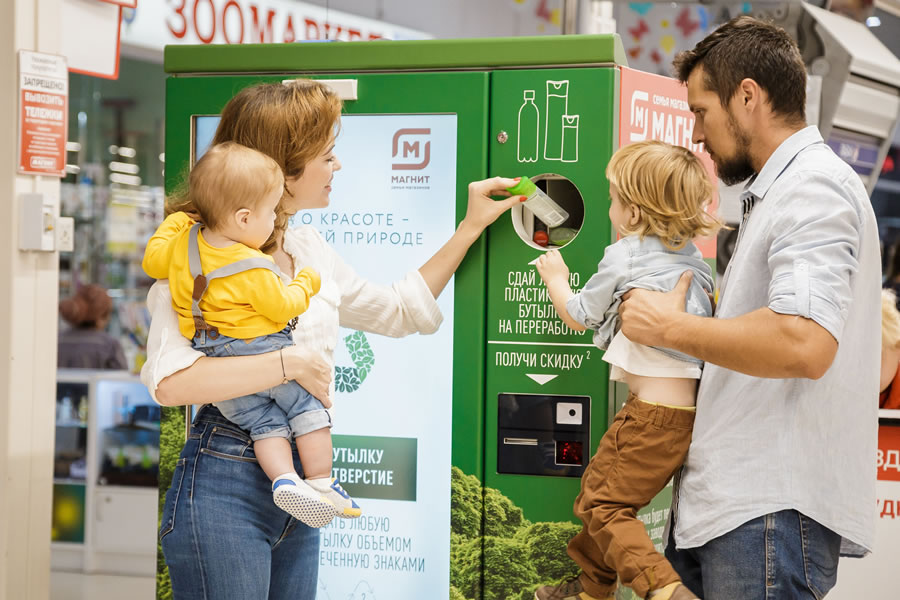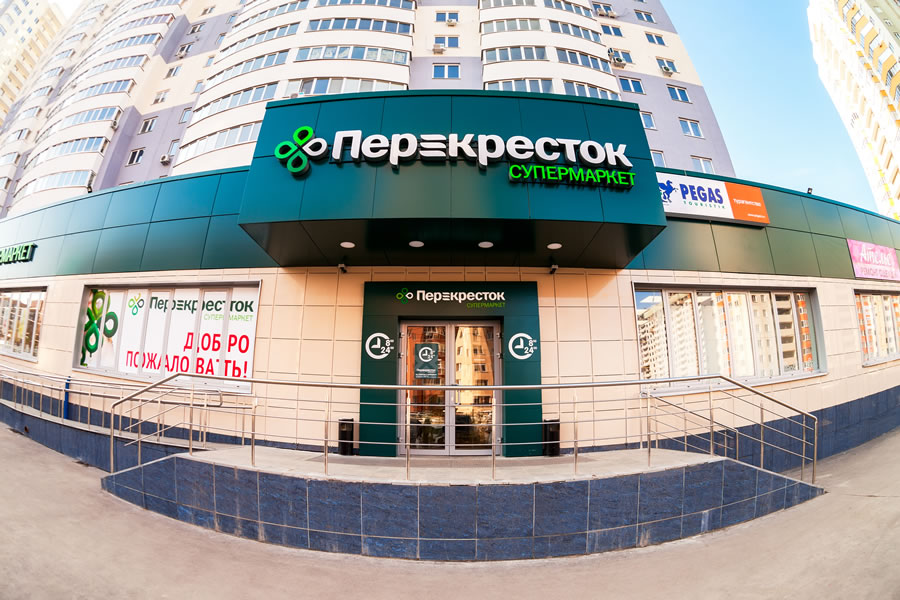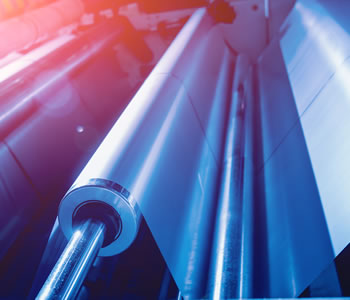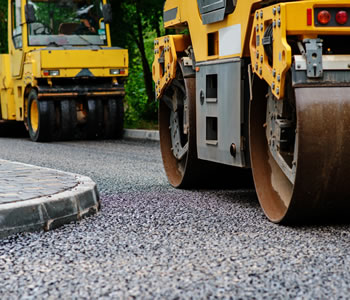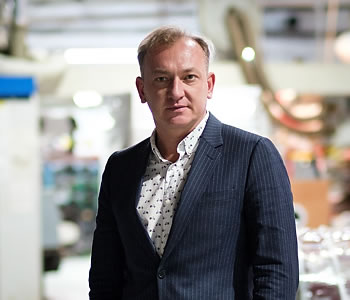Note to readers
Alexey Kozlov, member of the Management Board and Executive Director at SIBUR, speaks about the Company’s commitment to the Sustainable Development Goals and the benefits of circular economy.
The basic premise of circular economy
Circular economy as a sustainable development vector.
Amur Gas Chemical Complex: progress update
As part of the EEF, SIBUR presented the Amur GCC project to Vladimir Putin.
Upgraded TPA production to start up
Reconstruction of the terephthalic acid facility completed at POLIEF.
Building polymer business: SIBUR and Gazprom Neft
Companies to develop polypropylene production in Omsk.
SIBUR’s Digital Capabilities online demo event for clients
SIBUR Business Practices educational platform held the first online demo day.
SIBUR for сlients: summer event
Pressing issues in the petrochemical industry in focus at a summer event of the Client Editorial Board.
SIBUR shares experience
SIBUR launches a series of videos sharing its experience.
New criteria for chemicals
The Ministry of Industry and Trade has updated the criteria for confirming the Russian origin of goods.
Focus on BOPP
BIAXPLEN closes the sale of its cast polypropylene film production facility in Novokuybyshevsk.
Cash a bottle
Glass, plastic and aluminium container collection is coming back to Russian stores.
Recycling in style at Bosco Fresh Fest
SIBUR becomes environmental partner of contemporary music festival
The future of the EU chemical industry
Cefic launches 2050 vision for EU chemicals.
Bioplastics: a new alternative
Making biodegradable plastic production commercially viable.
Plastics take care of cement
How polymer cement packaging beats traditional paper bags.
Polymer strategy
For polymer production to evolve smoothly, the government needs a clear strategy.
Plastic asphalt
Recycled plastics can make asphalt sturdier and cheaper.
Reality of VR
SIBUR shares its experience of applying VR.
Top tech trends on Twitter
What are consumer expectations on the journey to AI, blockchain and beyond?
Snow that does not melt
The global rise of dry ski slopes.
Packaged in Siberia
Alexander Ladan, Director of Neo-Pack, speaks about the way manufacturers of polymer packaging surprise their customers and about the nature of Asian markets.
High quality standards
Sergey Klyukin, CEO of Döcke Home Systems, talks about the company’s robust performance in the long-stagnant market.
Pioneers of recycling
Oleg Simkin, CEO of Europlast, speaks about the circular economy principles and specific nature of the PET packaging market.
“You are the voice of the plant and its people”
Vyacheslav Zolov, Head of Nizhnevartovsky GPP (branch of SiburTyumenGaz), shares his thoughts about people, music and responsibility.
Digital growth
Research: businesses in Russia are ignorant of digital technologies.
Dmitry Konov's rules of successful management
Experience in effective management.
Smartphones cause fatigue
A study revealed a link between smartphones and poorer performance.
Fighting burnout
Russians name the causes of burnout at work and ways to combat it.
TOP MANAGERS TAKING QUESTIONS
In the Q&As section, our top managers answer the most interesting and relevant questions from our clients sent to dearcustomer@sibur.ru.

